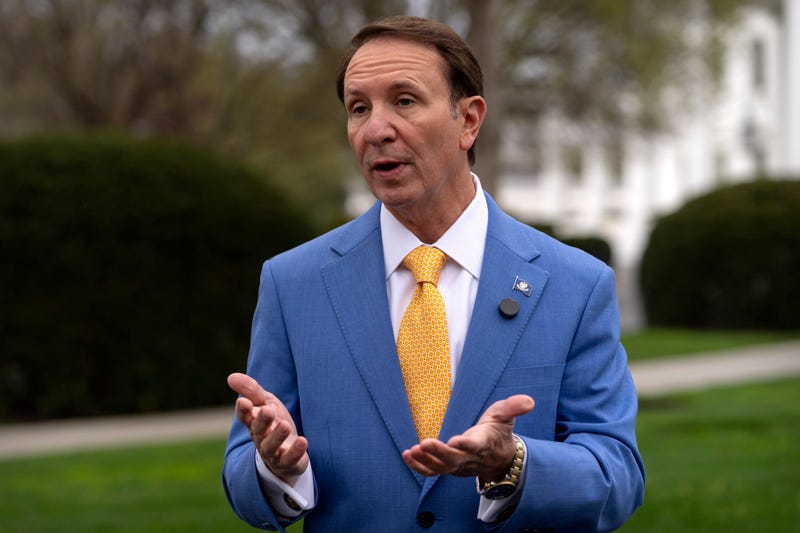
“The governor's probably more than mad at me, but I have been trying to have a conversation with him. I've used every channel — formal channels, informal channels — and it hasn't taken place,” says Louisiana Insurance Commissioner Tim Temple on WWL First News with Tommy Tucker.
Governor Jeff Landry recently announced plans to combat high insurance rates during Louisiana’s current legislative session.
It’s welcome news, as Louisiana insurance full coverage rates rank as the nation’s highest.
But there’s bad, peculiar news too. Thus far, Landry’s refused to meet with Louisiana’s Insurance Commissioner, Tim Temple.
Why? Temple joined Tommy Tucker to explain what’s going on with Louisiana insurance reform.
“Look, I have been in the same room with the governor,” says Temple. “We have had conversations, pleasantries if you will, but we have not been able to sit down and talk about insurance.”
Temple didn't directly address why he feels Landry refuses to schedule a meeting. But the commissioner explains that while he isn’t in perfect alignment with the governor, by and large agree they agree on what’s driving oppressive insurance rates.
“(Louisiana is at) twice the national average to claim bodily injury and twice the national average to litigate,” says Temple, echoing Landry’s report. “Those are the cost drivers, whether people like it or not, those are the cost drivers. And if we want lower premiums, then we have to drive the cost of the claim down. It is that simple.”
However, Temple disagrees with Landry’s claims that reining in celebrity injury lawyers’ advertising spending has much to do with the overall rate prices.
“I think there are two states that limit insurance companies from putting advertising costs into rate-making, and it's somewhere between one and three percent of the total cost, so that’s a red herring,” Temple states.
Temple continues, “We certainly have disagreements on what needs to be done. But the package of bills that I'm supporting is designed to reduce claims cost… what we're trying to do is bend the loss curve, the excess bodily injury and the excess litigation costs in the state.”
Listen to the full interview here or by listening in the player above.

